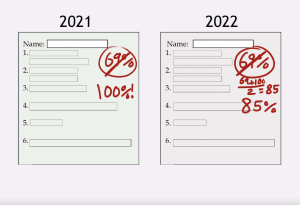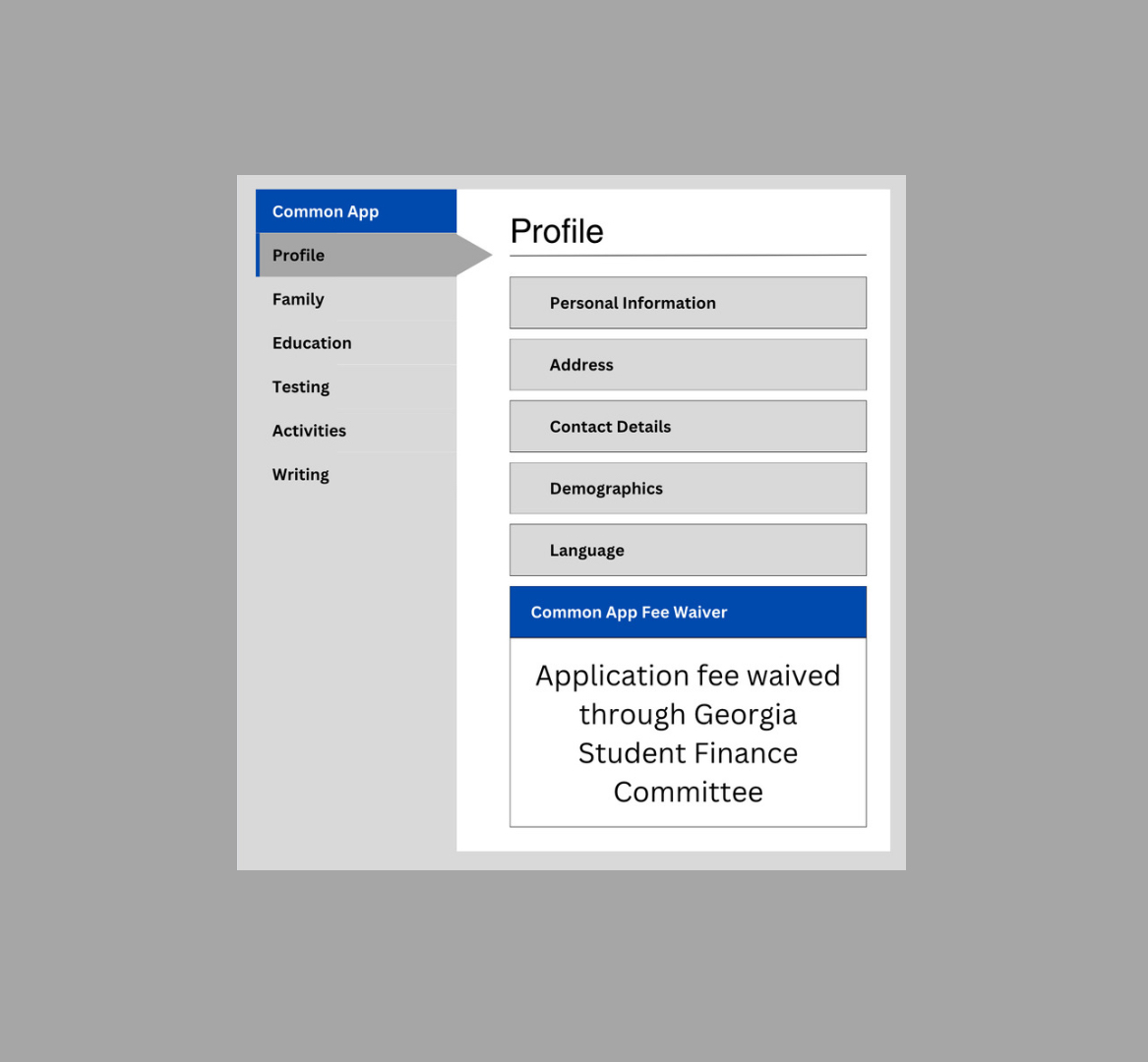New assessment policy prepares students for real world
February 26, 2022
Midtown’s assessment retake policy has been revised. According to the new policy, students can retake assessments, but their new score will be averaged with their original score. While this policy may not be popular among many students, it is more fair than the previous policy.
The previous retake policy was much less specific, which left much of the retake expectations up to individual teachers. This meant rules about retaking assessments were often different across classes, with some classes being more lenient than others. The new policy will allow test retakes to become more consistent, which will overall benefit the student population.
Some may believe this change penalizes students who want to improve their scores. However, this is not a penalty at all. The new policy still allows students the opportunity to retake their assessments and improve their scores. The difference between the new policy and those previous, is by combining scores, the new policy not only promotes learning from past mistakes but also necessitates that students take responsibility for their past mistakes. This is important because in most colleges and in the workplace, one cannot simply restart on a fresh slate if they make a mistake. The retake policy should reflect that high school students need to learn how to improve while still taking responsibility for past mistakes.
This policy will also likely improve students’ performances on the original assessments. Allowing complete do-overs does not incentivize students to study or take the assessments seriously the first time around because they know they can always completely re-do them. Previously, many students who did not think they would get the score they wanted on a test or quiz would intentionally fail the quiz so they could retake it and get their desired score. This new policy dissuades students from intentionally failing quizzes because that failing score will impact their final grade even if they do retake it. By mandating that the new score is combined with the original score, students will be incentivized to try their best on their first attempt.
Additionally, this new policy is more equitable because it mandates that teachers create a new assessment for retakes. This is important because previously, the assessments students retook could be identical to the original. This gave students who aced a retake with no penalties an unfair advantage over those who did well the first time around, since the students retaking the quiz would already know the questions. In this way, the new policy can help limit unfair advantages and cheating, which is increasingly problematic at Midtown. However, creating a new quiz or test is a tedious and time-intensive task for teachers who already have a lot on their plates; so, the threshold for them having to recreate tests should be high. By incentivizing students to do better on their first attempt and seriously prepare for a retake, this new policy makes it more worthwhile for teachers to regenerate new versions of assessments for retakes.
The standards this new policy sets are not impossibly high but rather a more accurate and productive reflection of the stakes students will be faced with in the real world. Just because this policy is more stringent and less popular does not mean it is a bad policy. In fact, the changes are much more effective in making assessment retakes a fairer and more constructive tool for students and teachers.








